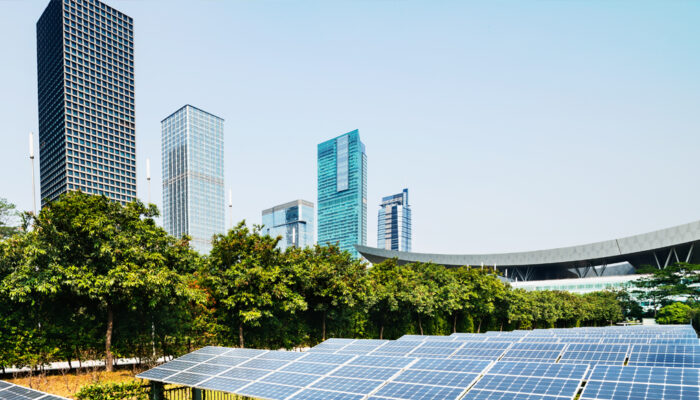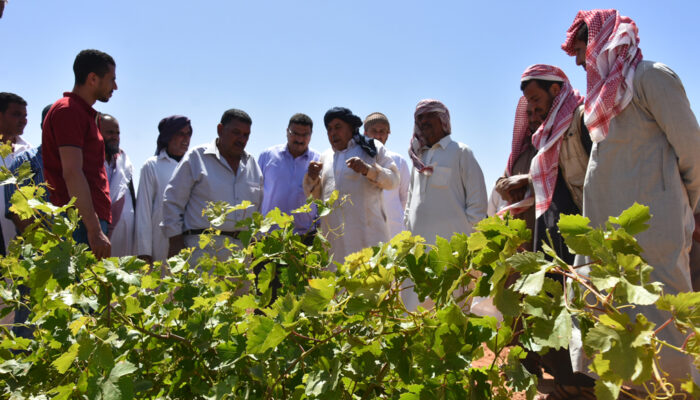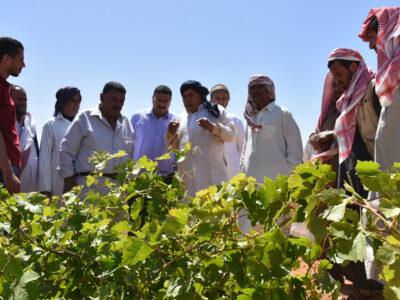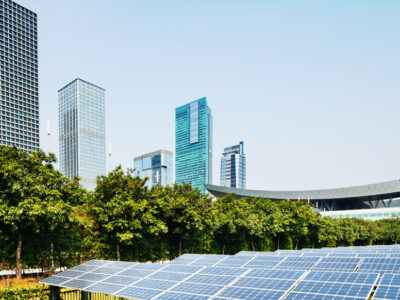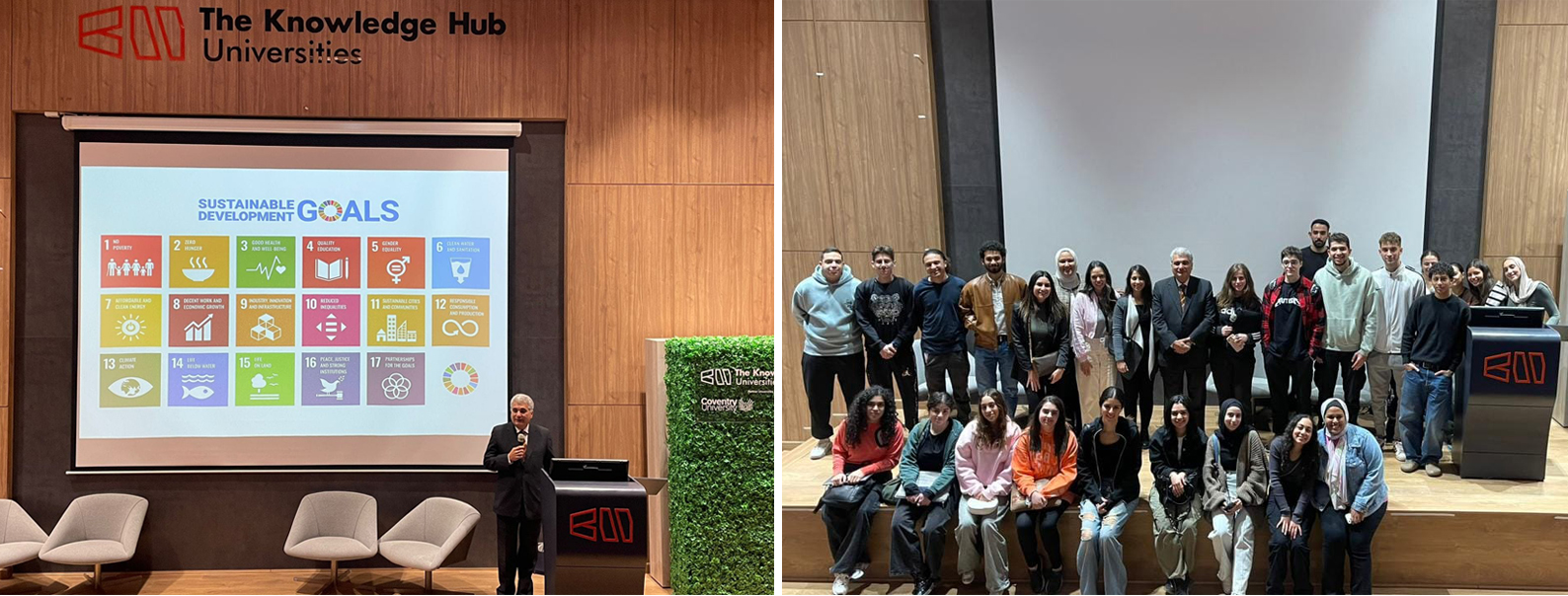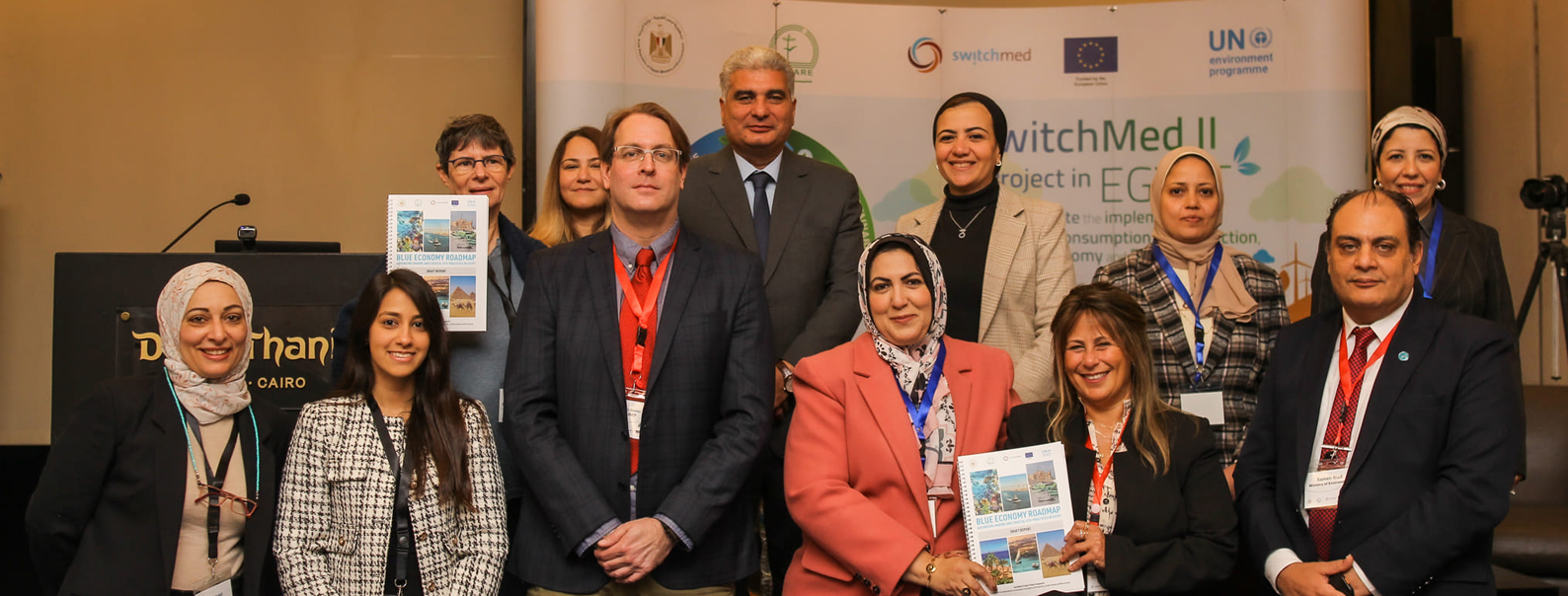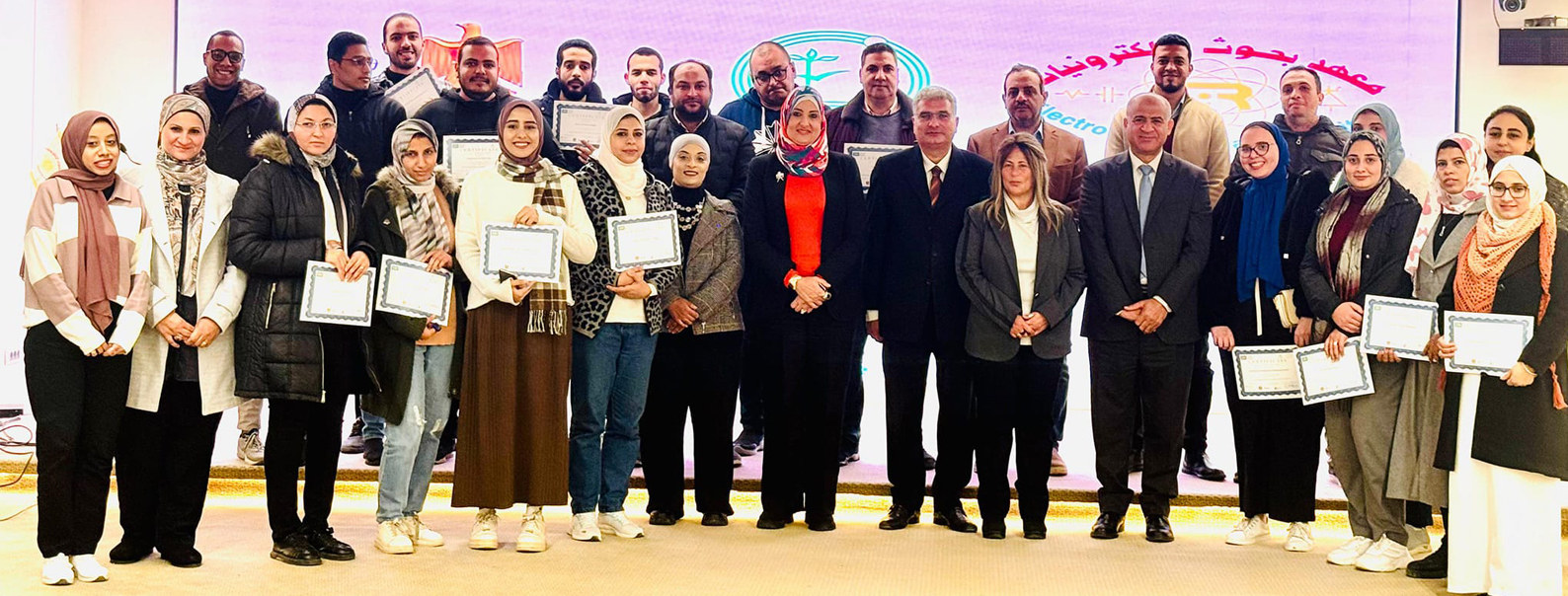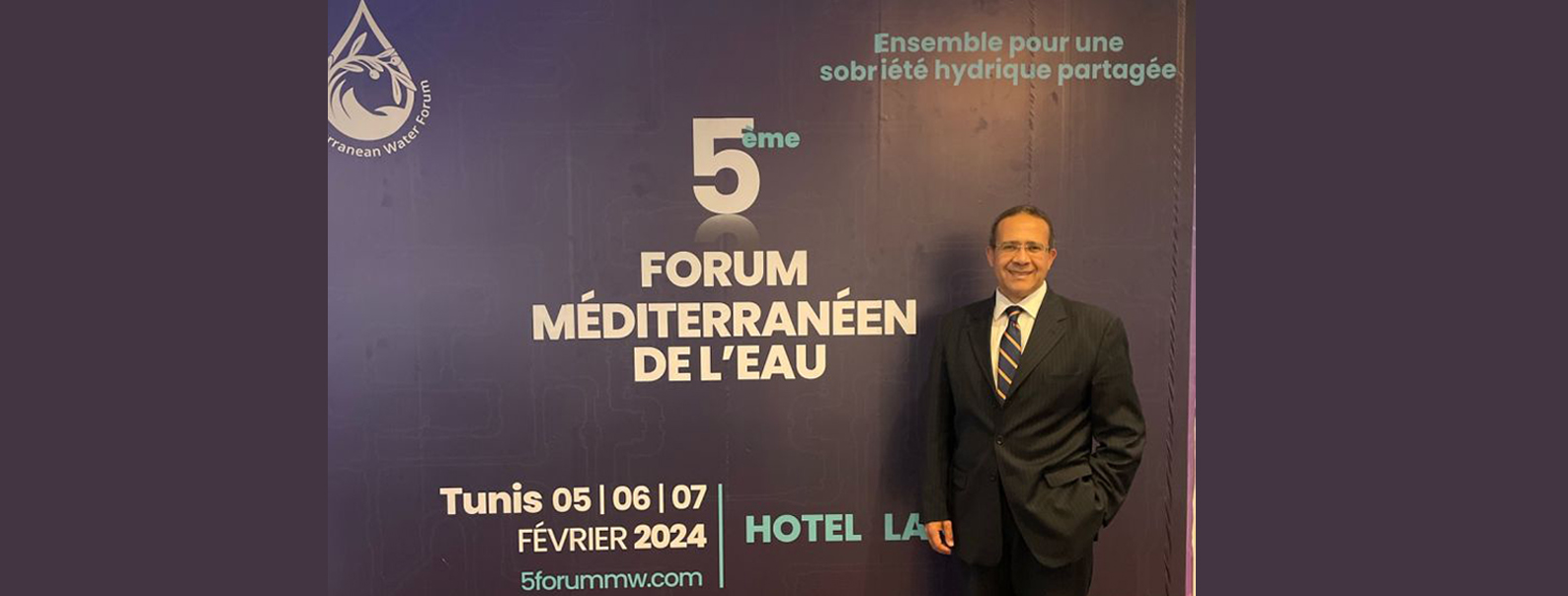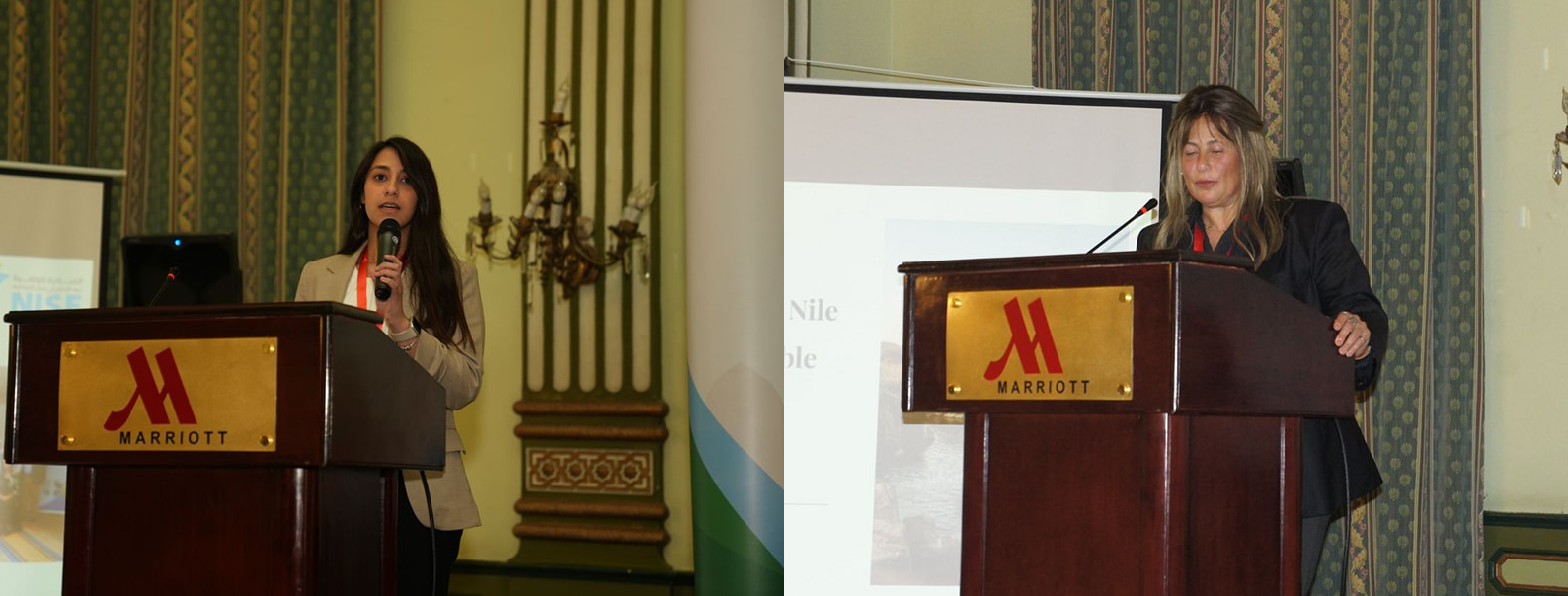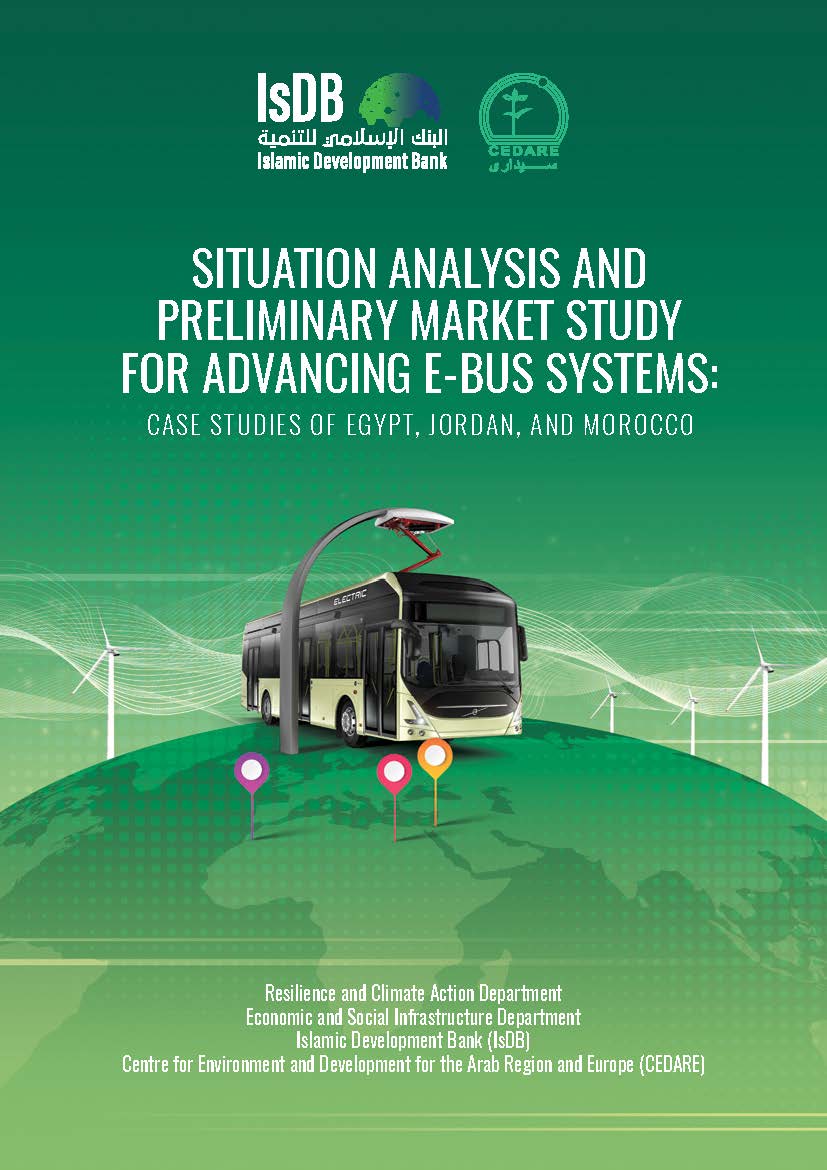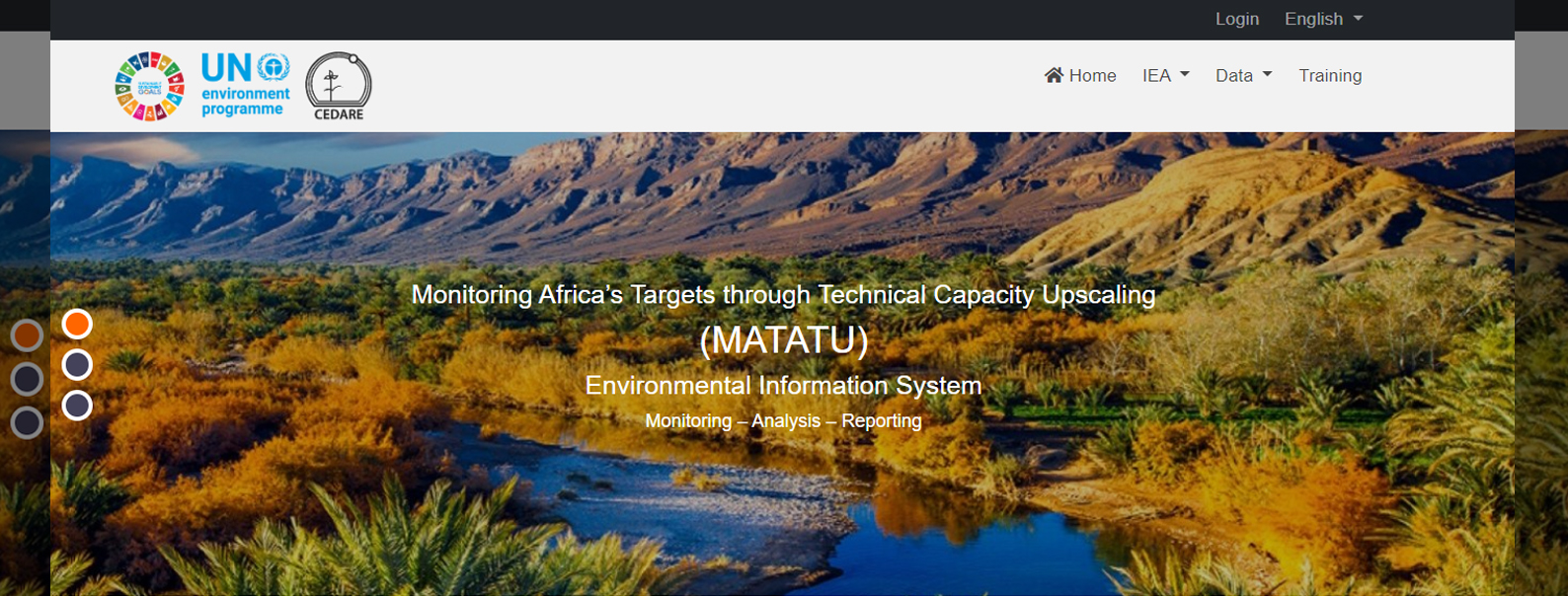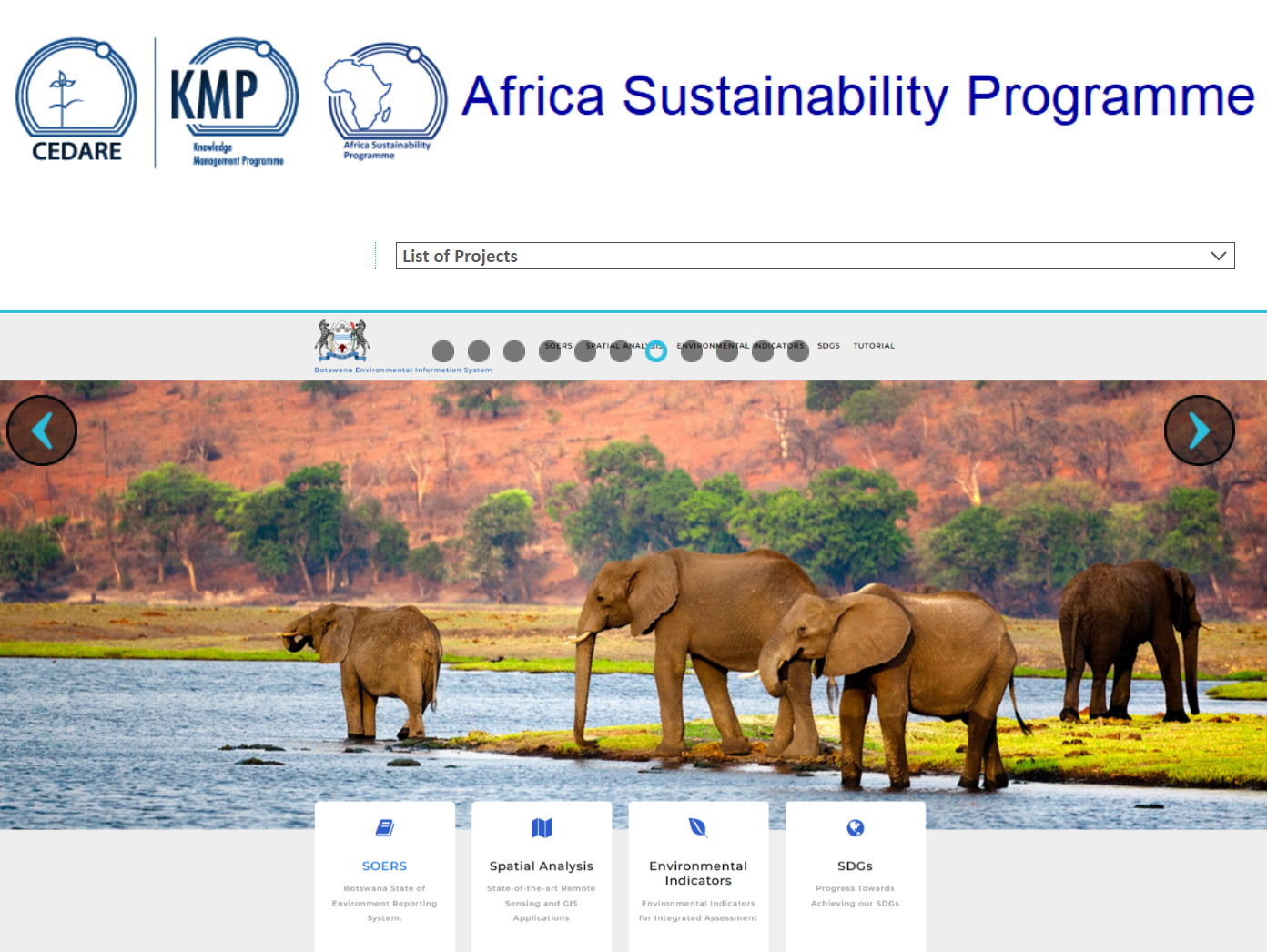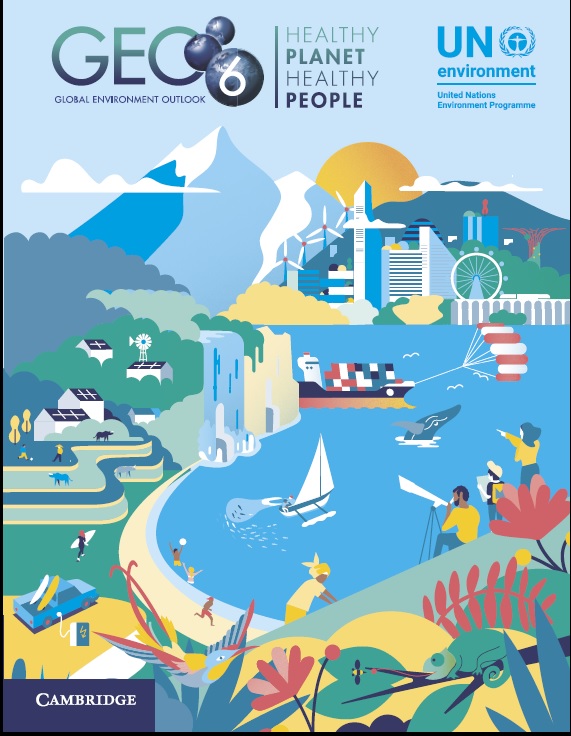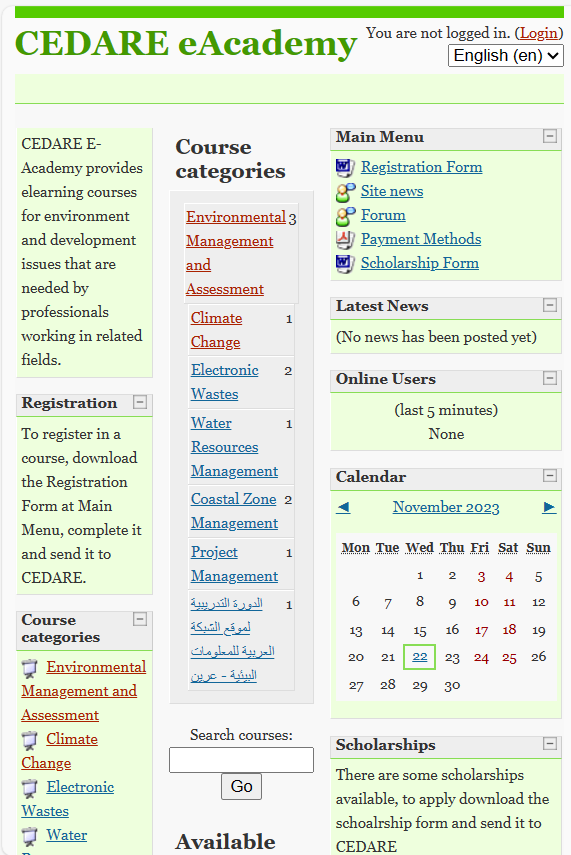

Environment and Development for Human Well-Being
Centre for Environment & Development for the Arab Region & Europe (CEDARE)



Environment and Development for Human Well-Being



The importance of investing in education, innovation, and infrastructure to secure the future. That winning the future requires a long-term vision and sustained investment in key areas, This can include investing in emerging technologies, developing new skills and capabilities, and fostering a culture of innovation, creativity, renewable energy, healthcare, and education.
Winning the Future!

About CEDARE
The Centre for Environment and Development for the Arab Region and Europe (CEDARE) was established in1992 as an international inter-governmental Organization with diplomatic status. This was in response to the convention adopted by the Council of Arab Ministers Responsible For the Environment (CAMRE) , in 1991 and upon the initiative of the Arab Republic of Egypt, the United Nations Development Programme (UNDP) and the Arab fund for Economic and Social Development (AFESD).
Read more Scope of Work
Scope of Work
Environmental Governance
Read MoreNatural resources Governance is defined as the norms, institutions and processes that determine how power and responsibilities are exercised, how decisions are taken and how citizens participate in natural resource management.
Knowledge Management
Read MoreKnowledge is the comerstone of development. This fact has been widely recognized particularly by the United Nations Human Development Reports. Knowledge and its applications.
Land Resources Management
Read MoreLand resources in arid and semi-and areas are characterized by their diversity, limited productivity and vulnerability to desertification. Human uses of these environments include natural pastures, rain-fed agriculture, agriculture irrigated from different water sources of varying qualities, and large areas of marginalized lands.
Sustainable Growth
Read MoreCEDARE’s Sustainable Growth Programme (SCP) addresses new and emerging concepts related to environment and development for human well-being, with a focus on issues related to Sustainable Consumption and Production, Green economy, and Green ICT.
Water Resources Management
Read MoreTo maximize the economic, social and environmental benefits of water use by promoting the principle of Integrated Water Resources Management (IWRM).
-
CEDARE participated in celebrating International Women’s Day in cooperation with the Egyptian Engineers Syndicate and the Bahia Foundation, one of the civil work institutions that... Read More
-
Awareness Session on “Why Do We Need Sustainability?”
On March 6th, 2024, Dr. Hossam Allam, CEDARE’s Regional Director for Sustainable Growth, talk at TKH-Coventry School of Business… Awareness session on “Why Do We... Read More -
Al-Murunah Project Regional Workshop: Resilient Nature-based Water Solutions for the Nile Delta
The Environmental Governance Programme Regional Director, Dr. Amr Abdelmegeed, and the Community Development Expert, Eng. Galal Maowod are attending the regional workshop for Al-Murunah Project:... Read More -
The Ministry of Environment receives the recently-developed “Blue Economy Roadmap for Advancing Marine and Coastal Eco-Practices in Egypt” from CEDARE team and experts
The Ministry of Environment receives the recently-developed “Blue Economy Roadmap for Advancing Marine and Coastal Eco-Practices in Egypt” from CEDARE team and experts during the... Read More -
WMRA, CEDARE and UNEP Co-convene the Second Round-table on “Plastic Pollution Control” in Cairo
As part of Egypt’s restless efforts to align with the international actions led by UNEP to eliminate plastic pollution, today’s round-table over-viewed the potential implications... Read More -
SRI TOT Training on the Refurbishment-E-Waste Management Curriculum
The SRI Project in Egypt, under the umbrella of the Cooperation Protocol between the Electronic Research Institute (ERI), the Ministry of Communication & Information Technology... Read More -
CEDARE Participated in the 5th Mediterranean Water Forum (5MWF)
Prof. Khaled AbuZeid, CEDARE Regional Water Director, participated in the 5th Mediterranean Water Forum (5MWF), organized in Tunis, Tunisia, during the period of 5-7 February,... Read More -
Closing of the Switchers Support Programme & the Switchers Meet Investors Event
At the Closing of the Switchers Support Programme & the Switchers Meet Investors Event, Ms. Ghada Moghny and Ms. Salma Nooh, SwitchMed Project Coordinators at... Read More
Highlights
The only way to make this happen is to make action!
Environment and Development for Human Well-Being.
Partners
Read More- United Nations Environment Programme, UNEP
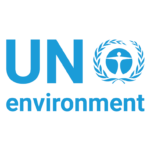
- European Union, EU
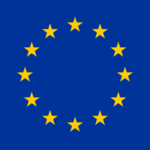
- League of Arab States, LAS

- United Nations Development Programme, UNDP
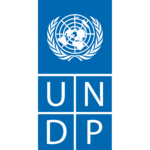
- United States Agency for International Development, USAID
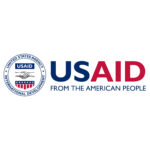
- Care International, CARE

- World Resources Institute, WRI
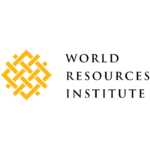
- Islamic Development Bank, IsDB
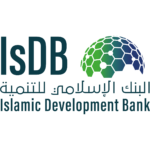
- World Bank, WB

- Food and Agriculture Organization, FAO

- World Food Programme, WFP
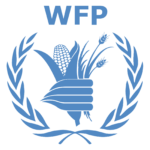
- World Health Organization, WHO

- International Union for the Conservation of Nature , IUCN

- Arab Organization for Agricultural Development, AOAD

- Economic and Social Commission for Western Asia, ESCWA

- International Telecommunication Union, ITU

- Arab Water Council, AWC
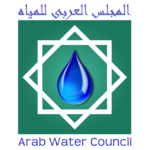
- Egyptian Water Partnership, EWP

- African Ministers Council on Water, AMCOW
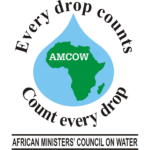
- North - African Ministers Council on Water, N-AMCOW
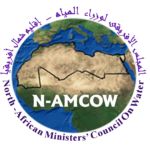
- European Environment Agency, EEA

- African Development Bank, AfDB
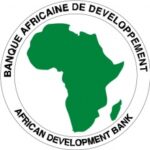
- International Fund for Agricultural Development (IFAD), IFAD
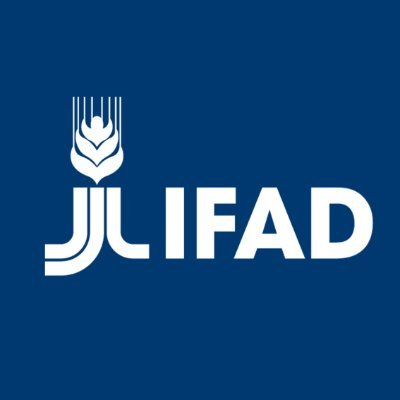
- Regional Center for Renewable Energy & Energy Efficiency, RCREEE
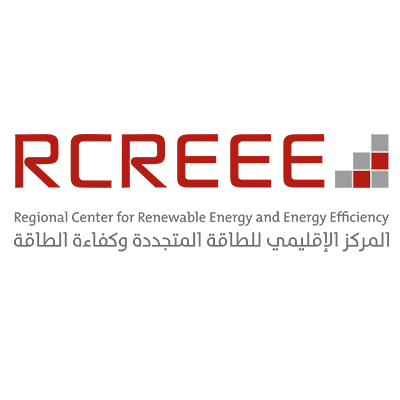
- University of Salford

- Union for the Mediterranean, UFM

- Mediterranean Action Plan, MAP
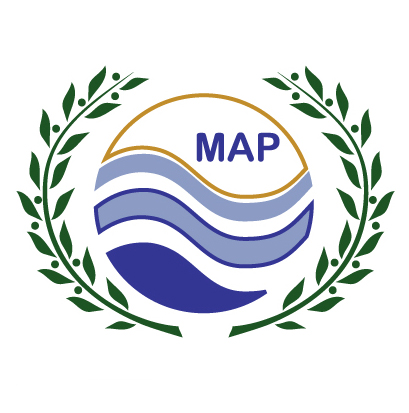
- Global Convenant of Mayors for Climate and Energy, GCoMfCaE
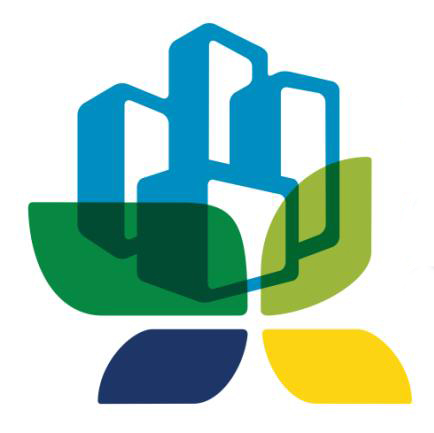
- The General Authority of Meteorology & Environment Protection, GAMEP
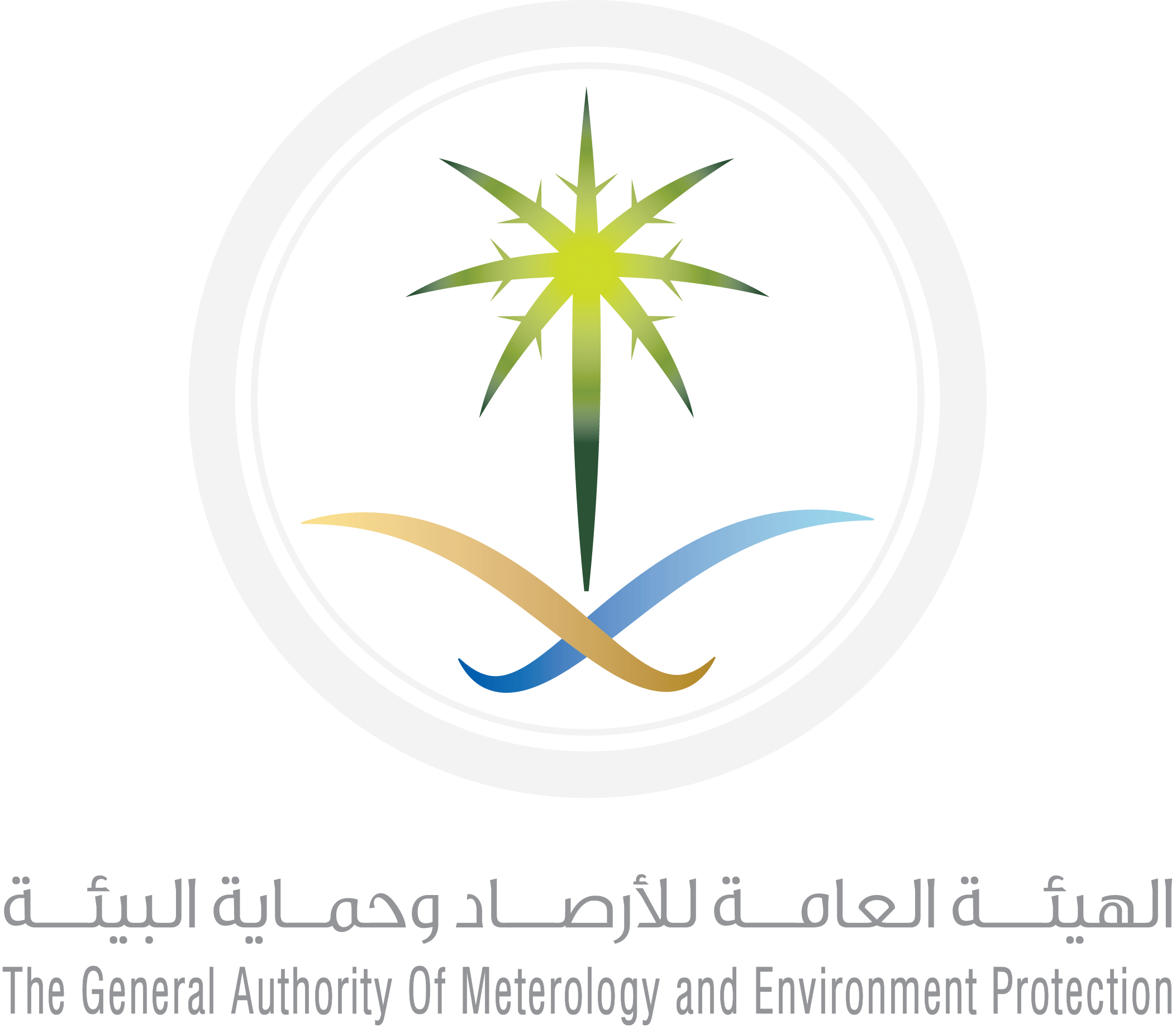
- African Development Bank, AfDB
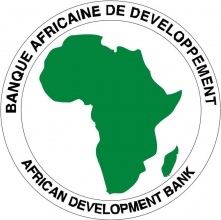
- Paris Committee on Capacity-building, PCCB
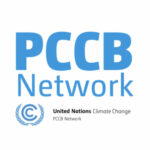
- African Union, AU
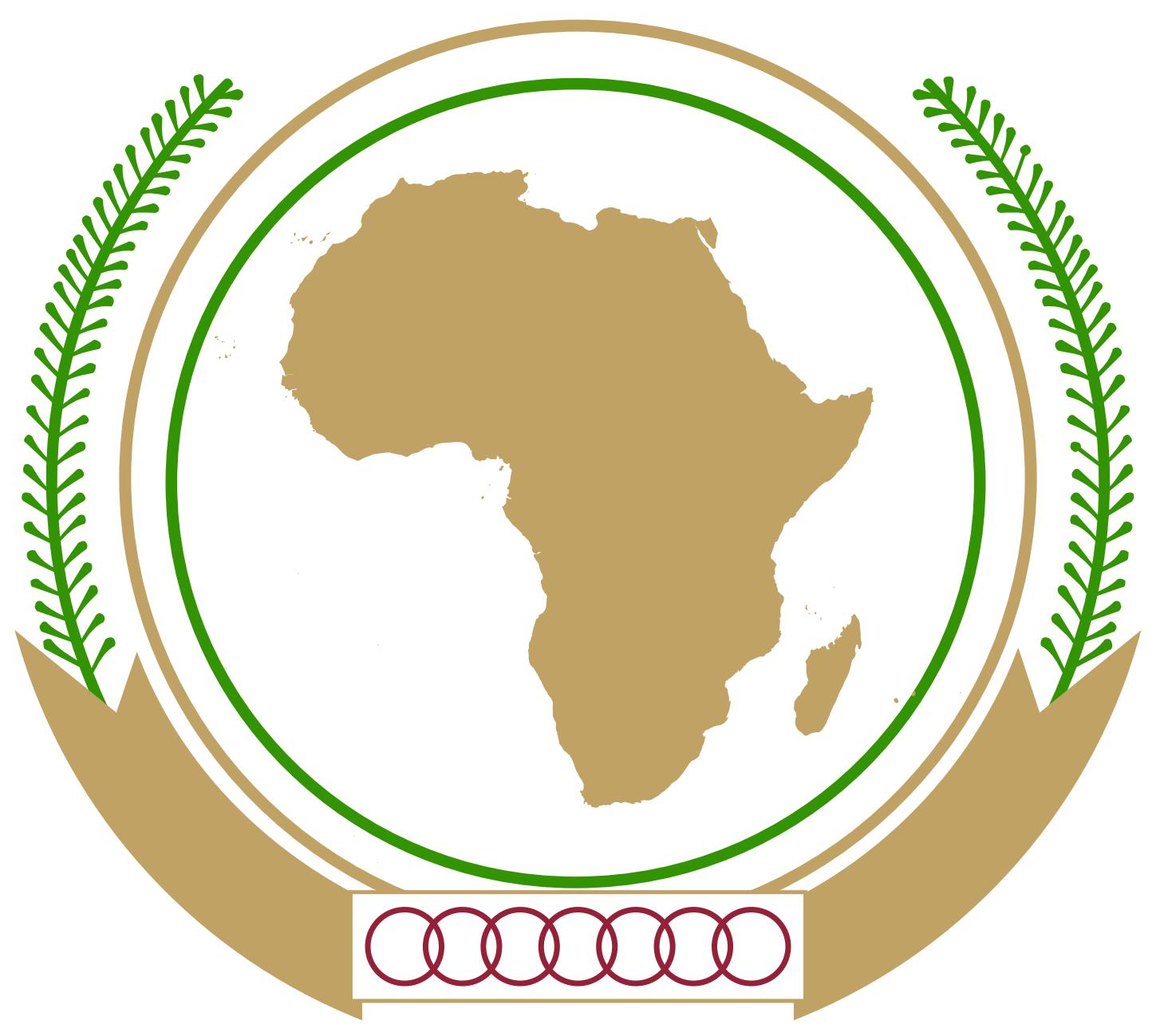
- GIZ

- International Water Management Institute , IWMI
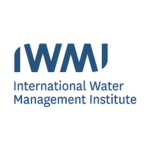
- International Center for Agricultural Research in the Dry Areas, ICARDA
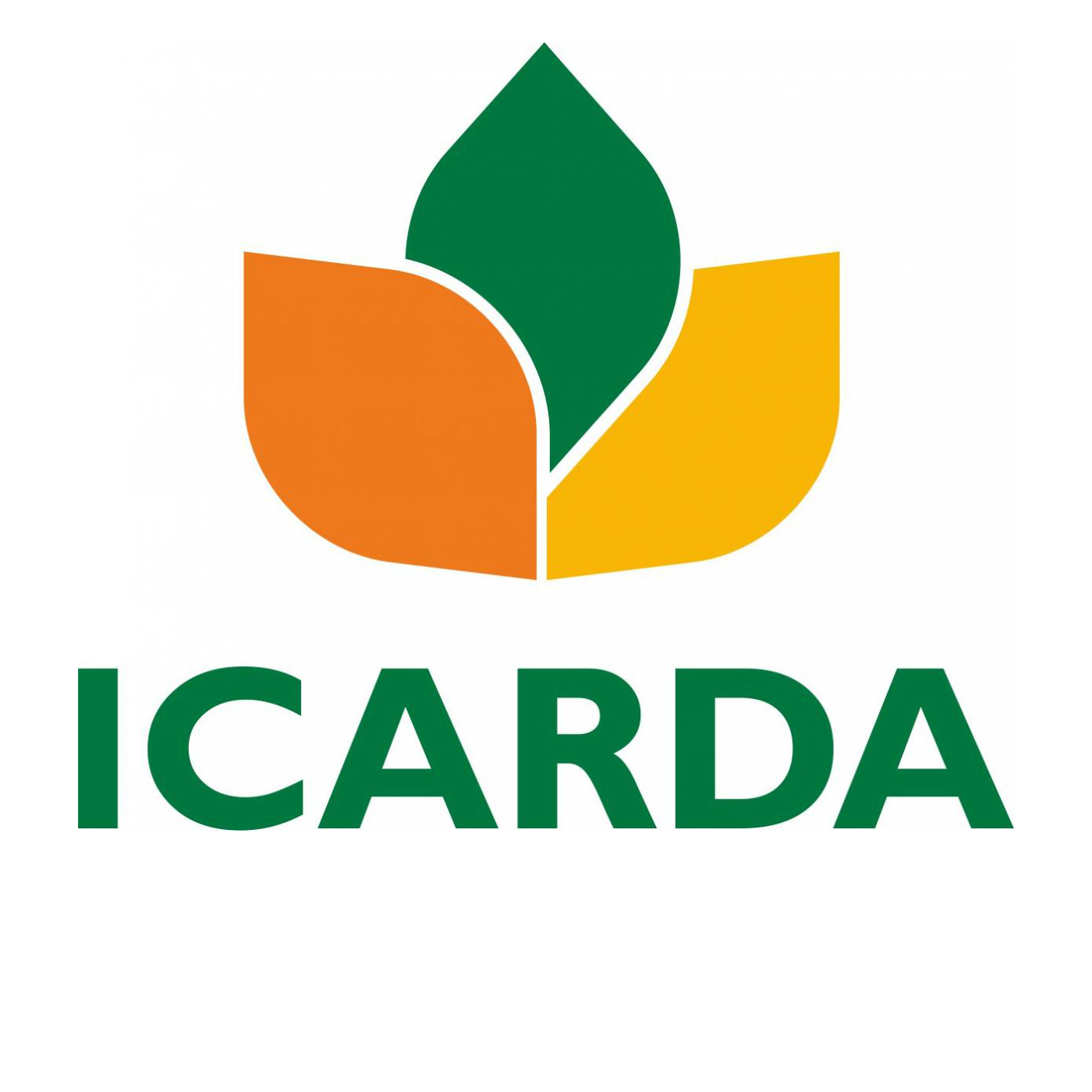
- Italian Development Cooperation , IDC
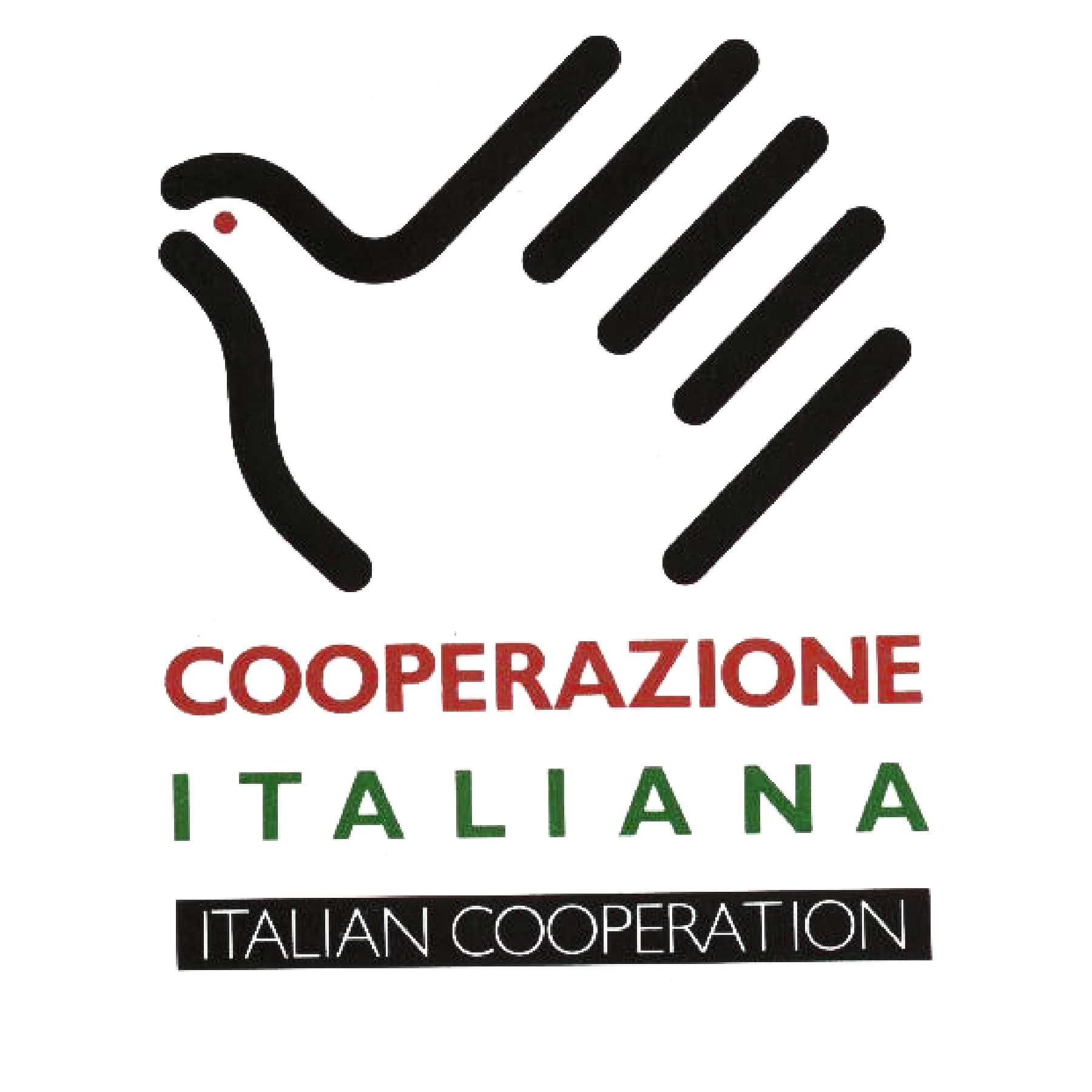
- UN-Habitat
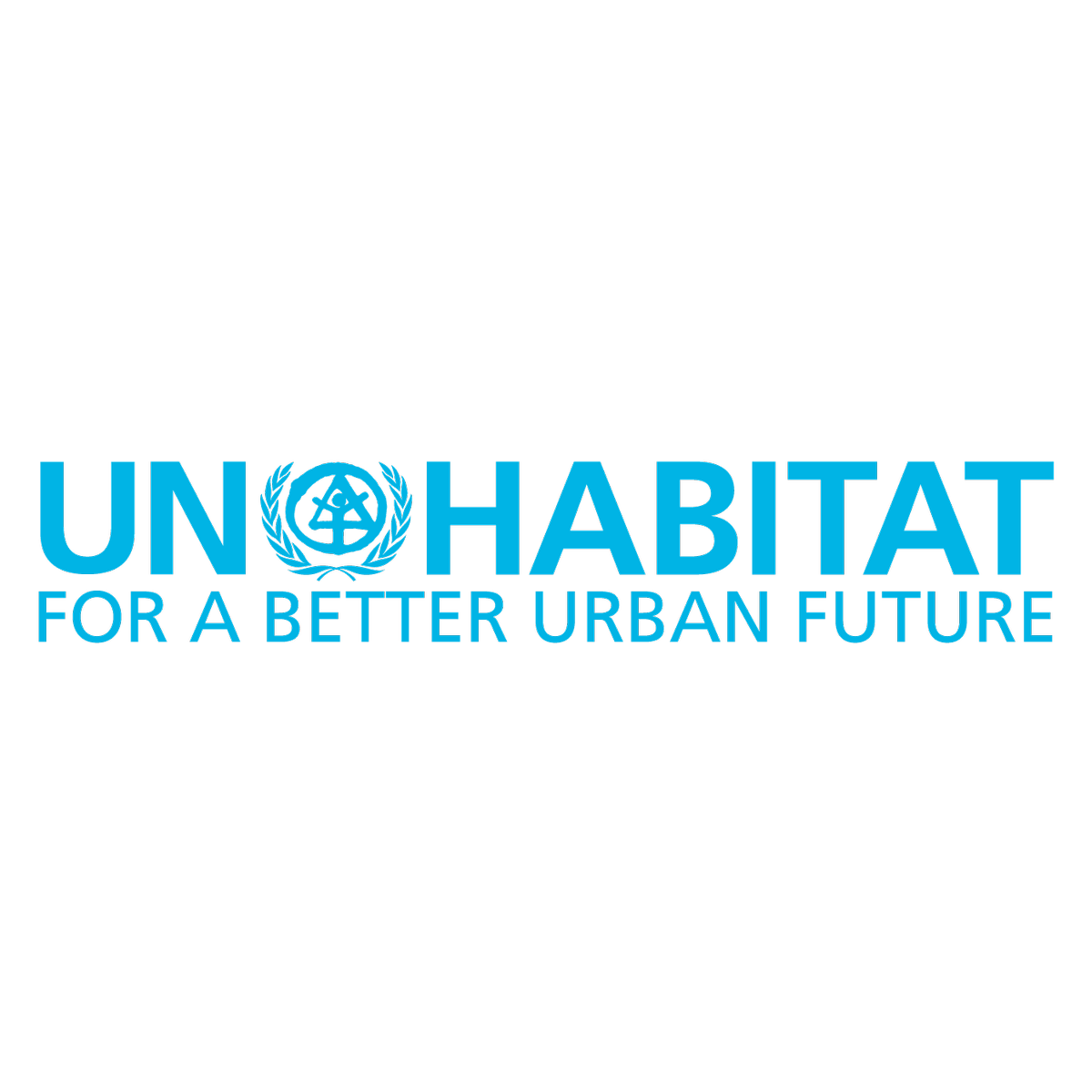
- OPEC Fund for International Development (OFID), OFID







